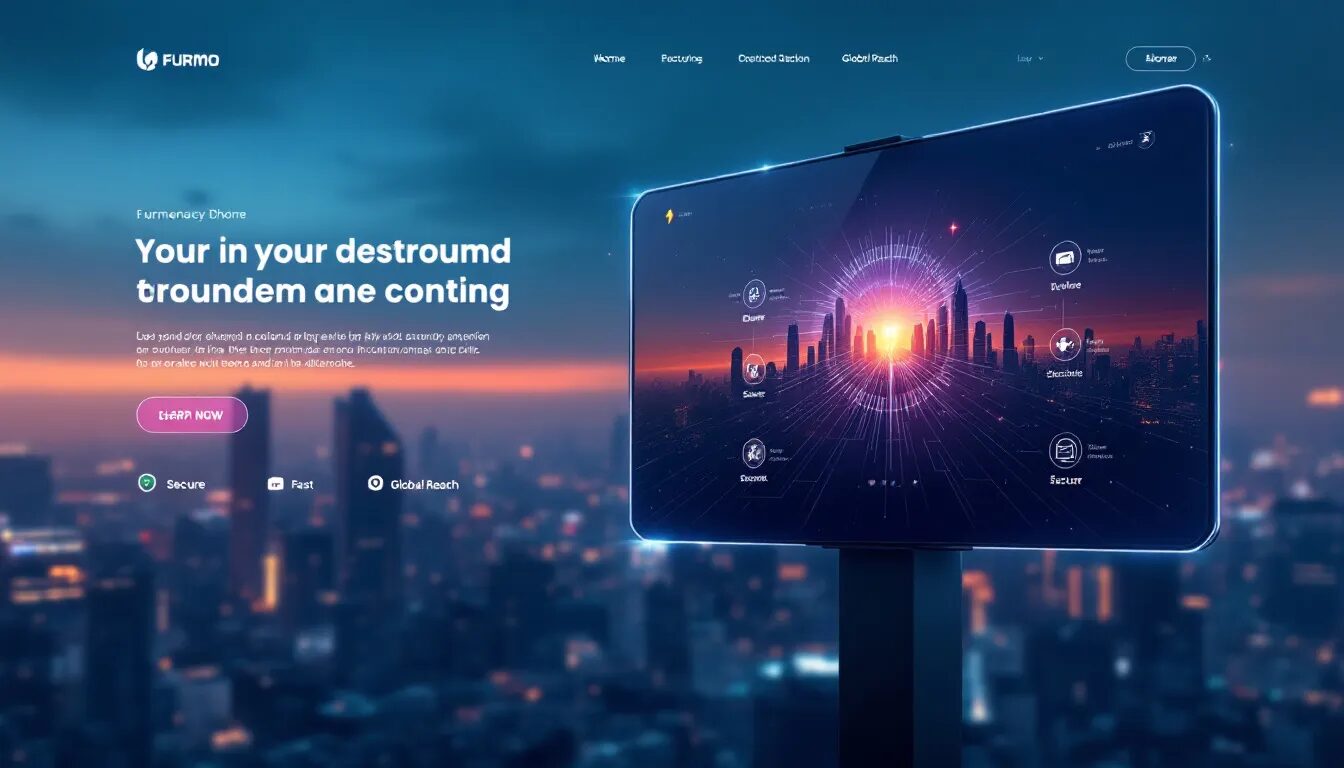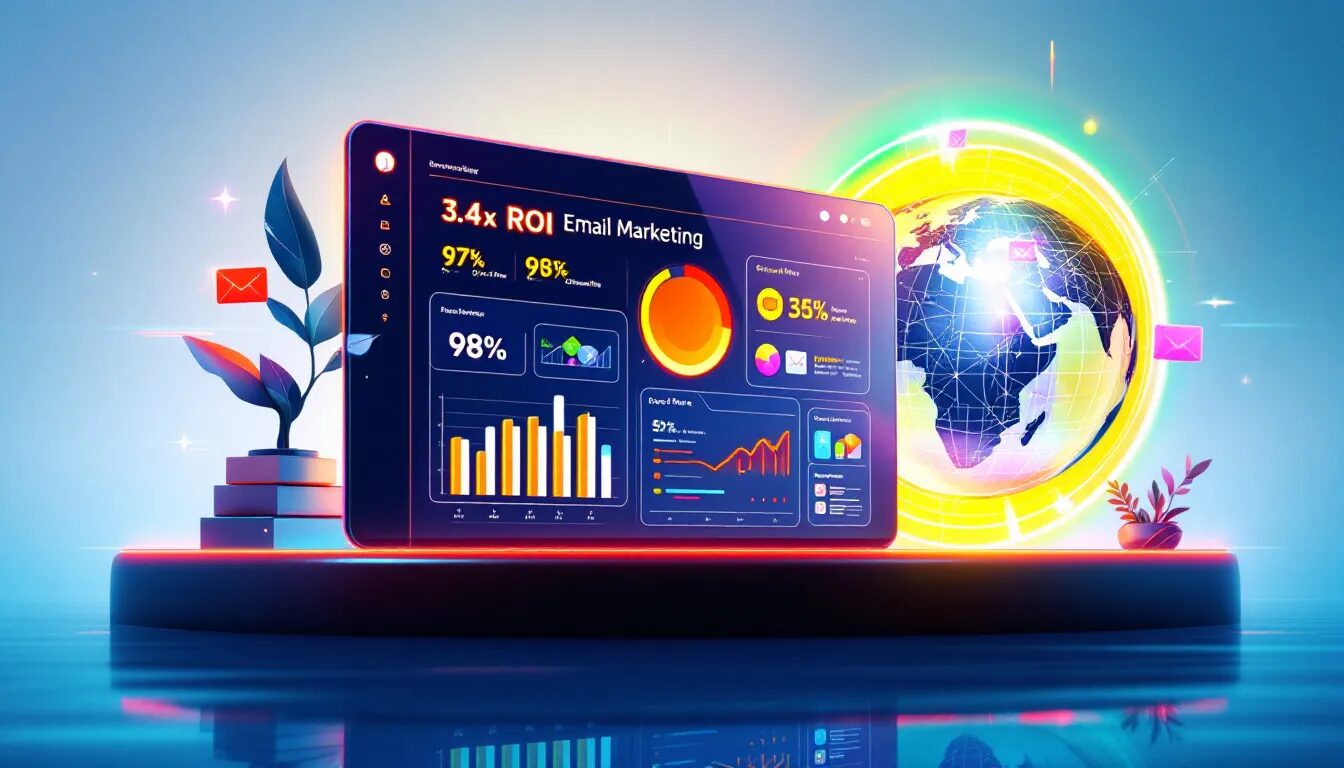Autoresponders 101
Say the words “marketing automation” to the average consumer, and what comes to mind (if they know the term at all) are the dreaded robocalls that disrupt family dinners every night or the shotgun-style junk emails that clog inboxes across the country. As a small business owner, you probably have no desire to be associated with anything like that.
Yet email automation can be an effective, non-intrusive marketing tool for small businesses. We know email marketing works — the numbers bear it out. Email works three times faster than display advertising, stays in the minds of consumers better, and increases the likelihood of purchasing in 47 percent of consumers, according to a study by Teradata. Email marketing is an essential tool for small business owners, offering ROI that other forms of marketing just can’t match.
Autoresponder email campaigns greatly enhance the effectiveness of email marketing — without raising marketing costs. An autoresponder series allows small business owners to share new content, build email lists, promote products and services, and share company news quickly, efficiently, and cost-effectively.
The Pros of Autoresponders
First, let’s clarify what we mean by autoresponders. An autoresponder email tool sends a pre-determined automatic response to any email your business receives. But the tool does more than that. You can also create automated commands that will send marketing emails to contacts whenever they take a specified action, such as ordering from your website, signing up for your email newsletter, or even simply visiting your website.
Autoresponders can benefit your small business by:
- Saving time — Rather than requiring you to invest the time writing and sending individual emails to potential, new, and current customers, autoresponders can automatically send a welcome email to a new subscriber, or thank a customer for an order. It creates the feeling of a personal interaction without the time investment you would have to make if you did all that on your own.
- Creating a positive first impression — Automated emails make it easier to show off your impressive customer service to new customers. A new contact who receives a welcome email or a discount offer could become a paying customer.
- Maximizing selling opportunities — Signing up for your email list shows the prospect is already interested in your business, product, or service. Connecting with a new customer right away through an autoresponder means your marketing message reaches them when their interest is high and they are most receptive to hearing what you have to offer.
- Improving value to customers — Everyone hates spam and junk email, so adding additional content or services to your autoresponder emails is a great way to demonstrate to customers that your emails are valuable. Not only are you giving them useful content that can fulfill a need or make their lives easier, you’re also demonstrating that your name in the “from” line means the email is worth reading.
- Engaging customers — Consistent communication of valuable content is a great way to keep your brand front-of-mind for customers. Autoresponders allow you to maintain a measured, continuous stream of relevant content with a minimal time investment to develop it.
Top types of autoresponder emails
You can use autoresponders in many ways. Here are some of the most popular and effective types of automated emails:
Welcome emails
Whenever someone signs up to be on any kind of company list, a welcome email is an excellent — and expected — way to thank them for their interest and to encourage deeper engagement. The autoresponder tool automatically sends an email with content you’ve predetermined. It could be a simple “welcome to the family” message, an invitation to connect on social media, a promotional offer or discount, links to additional information about your company, products and services, a call to action, or printable coupon.
Content offer emails
This type of email can actually be combined with others, such as a welcome email. The email conveys your key message — “welcome” or “thank you for your order” — and also offers the recipient additional worthwhile content. You can include brief content directly in the email or incorporate links to lengthier content that the recipient can review at his or her leisure.
Surveys and feedback requests
Asking customers for their opinion is a great way to engage them with your brand. By tying your request for feedback to an action, such as placing an order or chatting online with customer service, you capture the recipients’ attention when they’re already thinking of your brand. You can also choose to initiate the contact by sending a survey to customers who haven’t interacted with your brand for a while. In addition to enriching engagement, surveys and feedback emails provide an excellent way to gather important information from your customers. You can sweeten the deal and increase response rates by incorporating an incentive offer into the email, such as a chance to win a gift card.
Follow-up emails
When you send an email and recipients don’t open it, following up with a second email a few days later can result in an average 30% lift in your open rate. This can be as simple as resending the same email to people who didn’t open the first one. Autoresponders allow you to automatically schedule a follow-up email when you create and send an initial email campaign. This reduces the amount of time you spend on follow-up emails by eliminating the extra work of manually segmenting your list of non-responders and creating a new campaign.
Confirmation emails
When customers make a purchase through your website or mobile app, they want acknowledgement that you’ve received their order and are working to fulfill it. An automated confirmation email gives customers a sense of security, and affords you the opportunity to provide additional information about their purchase. You can also use a confirmation email to up-sell, informing customers of products or services related to what they’ve ordered.
Convincing data
Marketing data firm Epsilon says open rates for triggered emails can be nearly 77 percent higher than for business-as-usual email messages. Click rates for triggered emails can be nearly 152 percent higher. The key to this success, Epsilon notes, is likely because triggered emails go out in response to a consumer action.
Trying to track consumer emails and actions in order to create individual campaigns in response can be a frustrating and time-consuming exercise for anyone. As a small business owner, you need a more effective and efficient way to set up triggered emails, and autoresponders can help.
By establishing autoresponder campaigns, your small business can capitalize on the power of triggered emails, and create more engaged, profitable interactions with prospects and customers.
Build, send and track emails that look great on any device
© 2016 – 2018, Contributing Author. All rights reserved.
 START YOUR FREE TRIAL
START YOUR FREE TRIAL 


